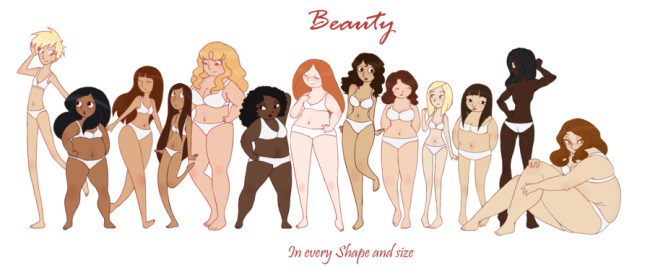We began this course by sharing our autobiographies and giving everyone the reason why we took this course. One of my biggest fears is the same reason I took this course. I am always afraid of being ignorant about one thing or another, especially other cultures. I took African American feminism not only because it fit in with my schedule, but to get rid of some stereotypes that I had and to learn more. Now that this class is coming to an end, I will use the knowledge that I have gained personally to not buy into the stereotypes that are given throughout the media anymore.
I think the best way that I can affect change in the lives of the people around is to represent and stand up for what I believe… basically just being a positive role model for the people around me. Whether we realize it or not people are watching and judging our every move every day. If we are backing up what we believe with our actions then there should be no reason for others to doubt us.
I am also a firm believer that if you believe strongly about something, then you should speak up and let others know what you believe so strongly about. I’m not saying we should force our beliefs down others’ throats, but if you believe in something don’t just be quiet about it. I believe that activism is the key to education. We can’t learn as a culture and society if we aren’t sharing our ideas.

